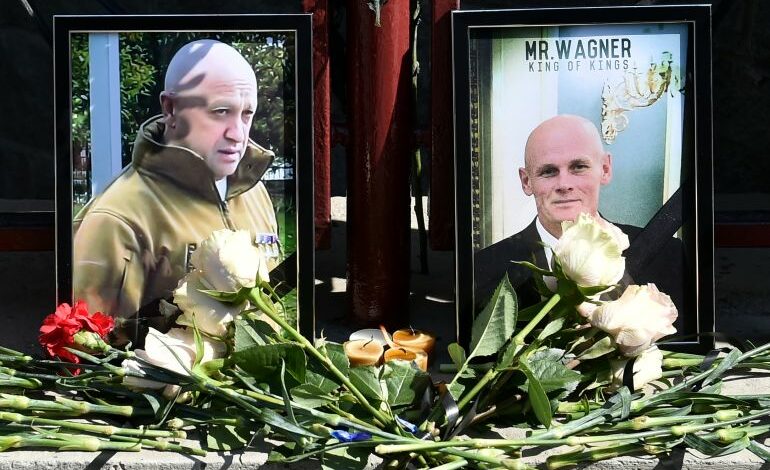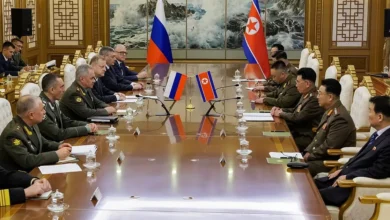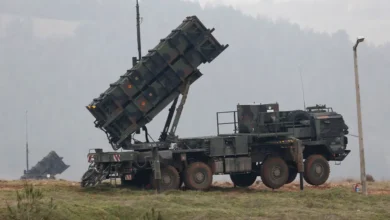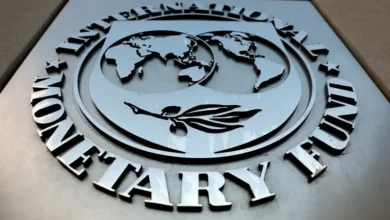Will Russia’s Putin benefit from Prigozhin’s presumed plane crash death?

Yevgeny Prigozhin, the foul-mouthed chief of the Wagner private army who masterminded an aborted mutiny against the Kremlin, has not been officially pronounced dead.
Russian authorities have yet to confirm via a DNA test that the 62-year-old’s body was among the charred and mangled remnants of 10 people found in the debris of the private jet that crashed 350km (217 miles) northwest of Moscow late on Wednesday.Prigozhin was, however, listed as one of the plane’s 10 passengers – along with the company’s founder and neo-Nazi sympathiser Dmitry Utkin nicknamed Wagner.
Few doubt Prigozhin’s presumed death that took place exactly two months after the June 23 “justice march” of thousands of Wagner’s best fighters towards Moscow which sowed panic in the Kremlin and reportedly forced Russian President Vladimir Putin to flee Moscow.
The mutiny – or a “justice march,” in Prigozhin’s words – was triggered by a months-old conflict with Russia’s Ministry of Defence that delayed or sabotaged ammunition supplies to Wagner on the front lines of southeastern Ukraine.
The march stopped only 200km (124 miles) south of Moscow after Belarusian President Alexander Lukashenko promised Prigozhin and all of Wagner a safe haven in his forested ex-Soviet nation bordering Ukraine.
A top expert on Wagner is all but certain that Prigozhin is dead.
“I’ve heard from a source in Wagner close to him that it’s likely true,” John Lechner, an investigative reporter in the United States who is writing a book about Prigozhin summarising years of research, told Al Jazeera shortly after Russian media reported the plane crash.Dead or alive?
But those who doubt the demise cite Prigozhin’s penchant for disguises – and his chance to escape to the Central African Republic, Mali or other African nations where Wagner provides “security services” to local strongmen in exchange for a stake in mining and trading local natural resources.










